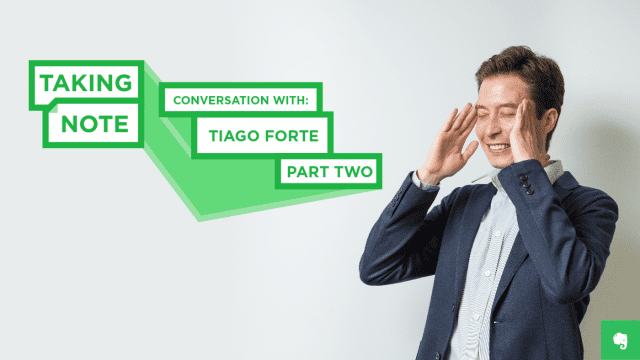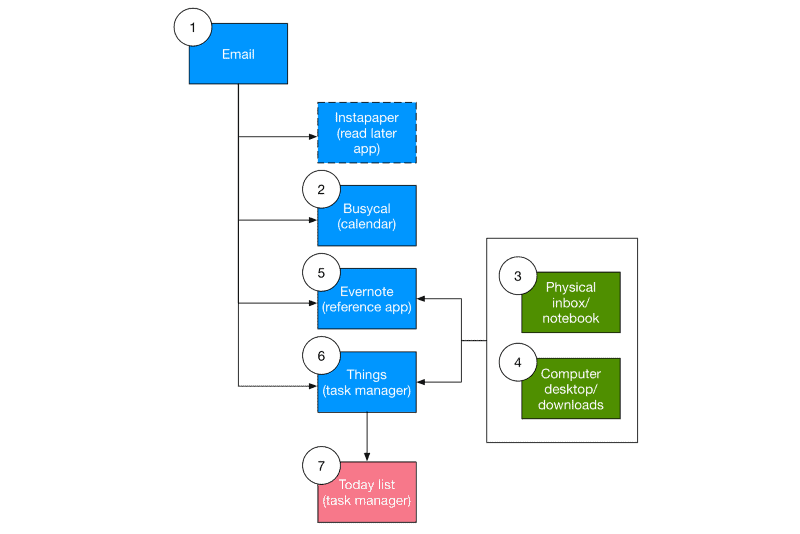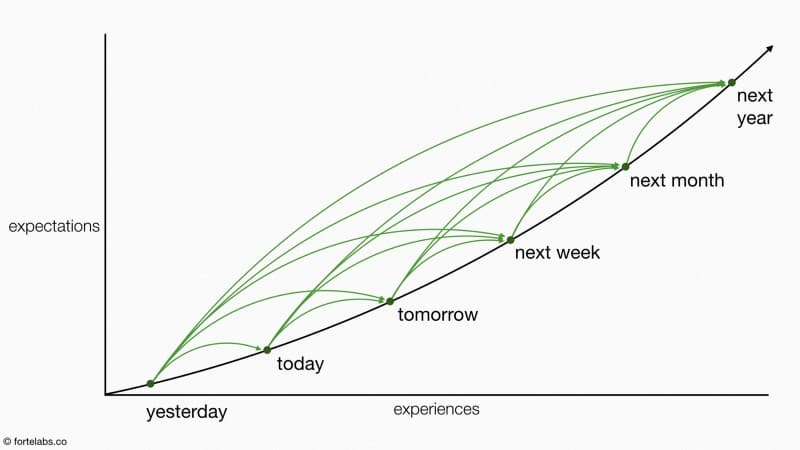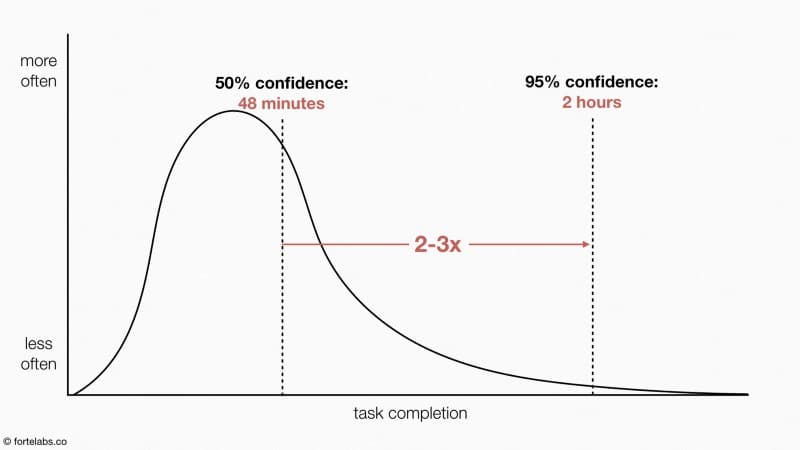A Manifesto of Human-Centered Work
Links lead to articles on the topic. Some of them require an active membership to view, which you can learn more about here. I believe in work. As a means of income generation, sure. But also as a means to continuous learning, to reaching one’s potential, and to a peaceful and just society. The capacity to…












